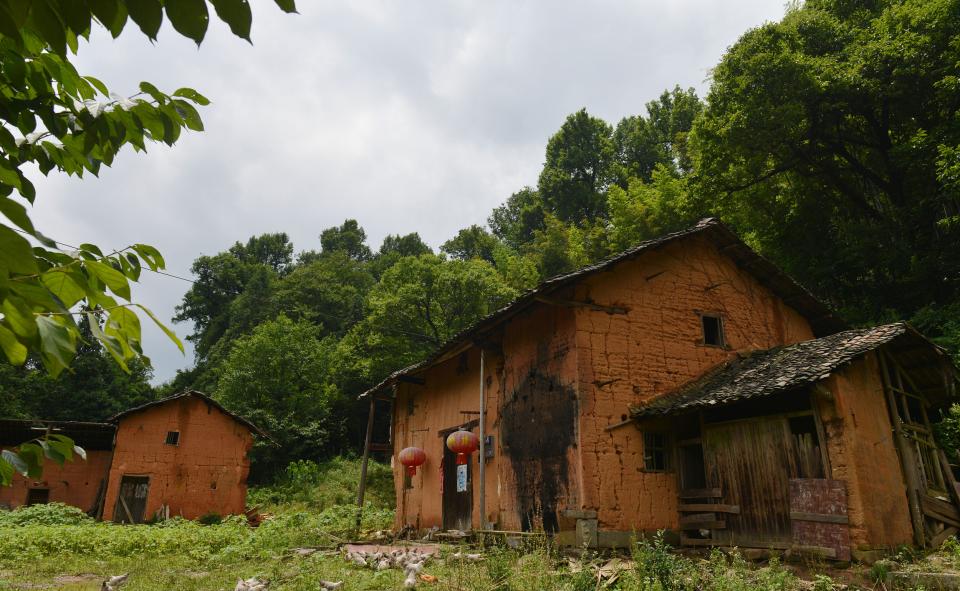Mass rehousing and relocation programs that don't consider villagers’ real needs will fail, Shanghai-based news portal The Paper editorializes.
Resettlement of poor farmers is a common practice in China where they are typically moved to make way for infrastructure projects such as dams, or so local governments can sell or develop their land. But news reports have revealed many resettlement complexes are of poor quality and remain deserted. One story revealed a village in Sichuan Province had spent a vast sum to construct a batch of resettlement houses, but villagers were unsatisfied and unwilling to move into them because the local government had not considered how they would carry on their livelihoods.
The central government supports relocation. In 2016, the national 13th Five-year resettlement plan proposed relocating around 10 million impoverished people within five years. Yet, most relocation projects are still not feasible, since they do not meet local needs and are thus unsustainable.
Resettlement complexes are often far from farmland and could see elderly farmers forced to commute to their original land to plow and sow, an onerous task. Farmers are unlikely to possess the sorts of skills that would allow them to work closer to their new homes in factories or in another capacity.
Proximity to original farmland should be a key consideration for rehousing projects. Alternatively, local governments should evaluate whether the farmers are still able to till the land and if not, should pay compensation and provide alternative employment.

 Old Version
Old Version